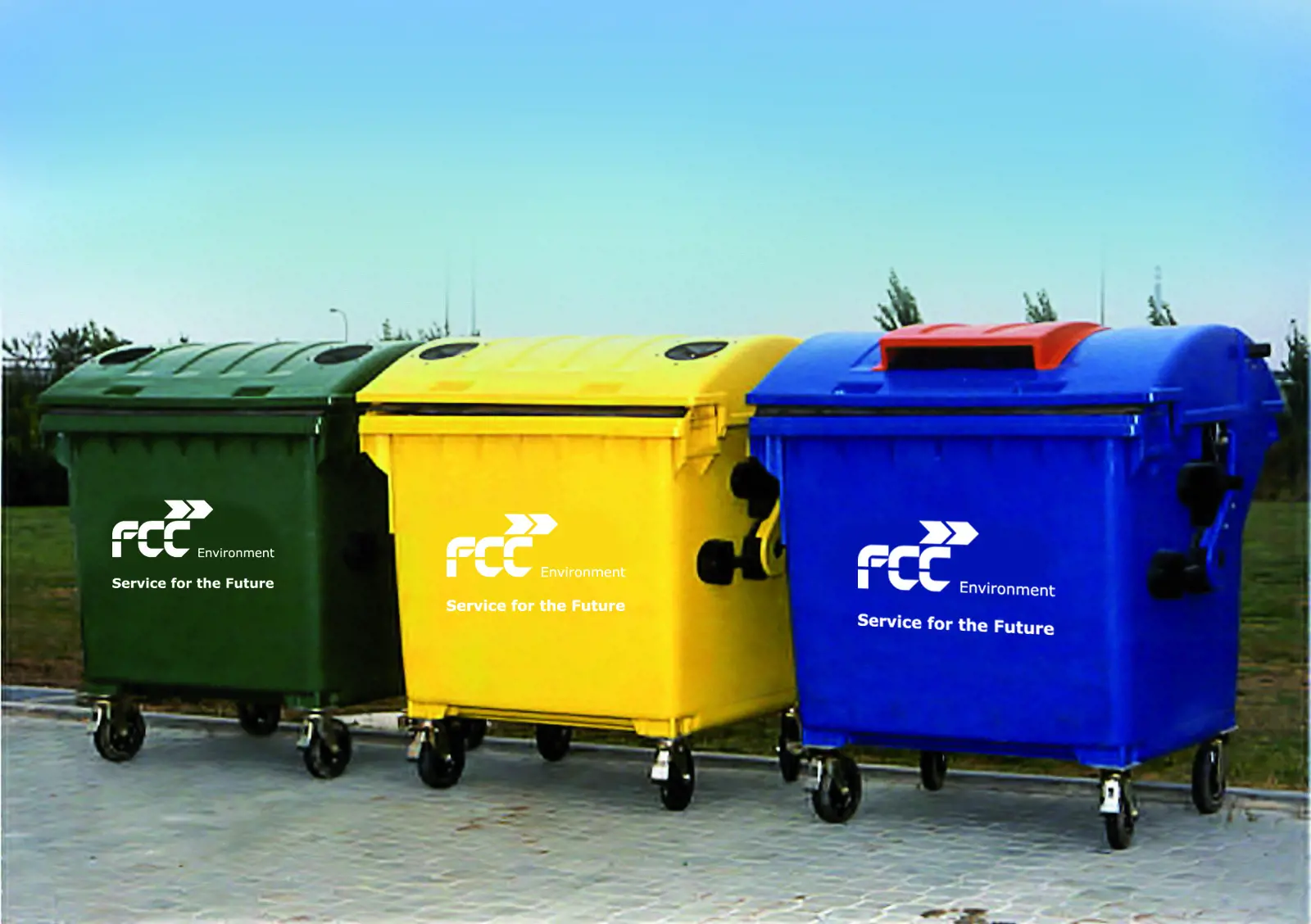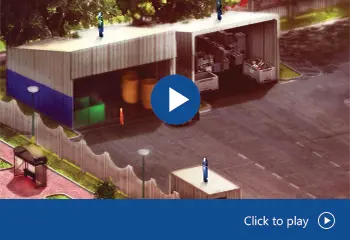Transforming Waste into Valuable Resources: The Importance of Separate Waste Collection
In an era of resource scarcity and environmental concerns, the concept of waste management has evolved from mere disposal to a strategic approach toward resource recovery and conservation. At the heart of this transition lies separate waste collection, a crucial practice that empowers us to transform waste into valuable secondary raw materials.
Separate Waste Collection: A Gateway to Resource Recovery
Separate waste collection involves the systematic segregation of different waste streams at the source. This process, often facilitated by color-coded bins and clear labelling, enables efficient collection and processing of recyclable materials, reducing their environmental impact and diverting them from landfills.
FCC Environment CEE Group: Driving Innovation in Waste Management
At FCC, we are committed to shaping a more sustainable future by developing innovative solutions for separate waste collection. Our expertise lies in customizing collection systems to suit the unique needs of each region, ensuring that waste is handled effectively and efficiently. We are passionate about partnering with municipalities, businesses, and individuals to foster a culture of waste reduction and environmental stewardship.
Diverse Waste Fractions: Tailored Solutions for Diverse Needs
The specific waste fractions collected under separate waste collection schemes vary across regions. However, common categories include:
- Paper and cardboard

- Colored and clear glass
- Beverage cartons
- Mixed plastics
- Bulky waste
- Mixed waste
- Hazardous waste
- Ferrous and non-ferrous metals
- Construction debris
- Electrical waste
- Green maintenance waste
- Wood waste
- Tires
- Biodegradable waste
Individual Collection: Convenience for Residential Areas
In residential areas with single-family homes, individual collection offers a convenient option for waste segregation. Residents sort their household waste into designated bins or color-coded bags mostly provided by local authorities.
Central Collection: Streamlined Processing and Efficient Disposal
Recycling centers, collection yards, and take-back points provide a centralized location for waste disposal. These facilities often handle specific types of waste (old tyres, bulky waste, construction waste, etc.) , ensuring efficient processing and proper disposal.
Sorting Essentials: Stickers on Bins and Recycling Symbols on Packaging
Correct waste sorting is paramount for maximizing resource recovery. Always follow the instructions provided on stickers affixed to recycling bins. As waste management practices may vary among localities, it is essential to adhere to local guidelines.
Recycling Codes and Symbols: A Guide to Proper Sorting
Product packaging often bears recycling symbols or codes, providing valuable information about the materials used. These symbols serve as a helpful tool for correct sorting and ensure that waste is directed towards appropriate recycling streams.
Transforming Waste into Resources: A Skillful Endeavor
The process of waste sorting, recycling, and recovery demands expertise and adaptability to the challenges posed by various materials and their suitability for reuse. At FCC, we possess the necessary expertise and technological capabilities to tackle these challenges effectively, ensuring that waste becomes a valuable asset rather than a burden.
By embracing separate waste collection, we can transform waste from a liability into a resource, fostering a more sustainable and environmentally conscious future. Let's join hands in this collective effort to safeguard our planet for generations to come.







